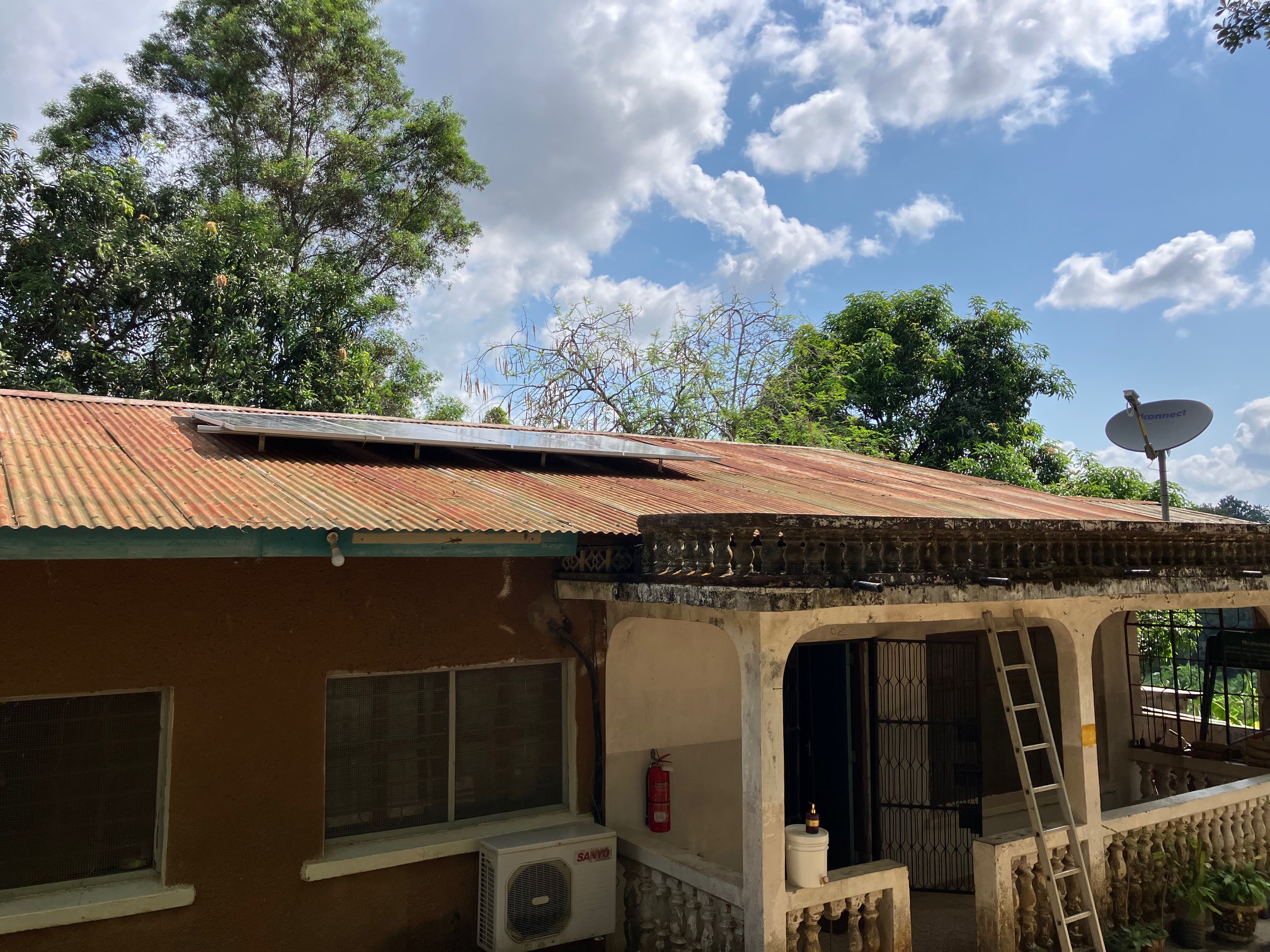We support efforts to restore the Magombera Forest Reserve.
13.11.2024
The Consul of the Republic of Poland Wojciech Łysak visited the sites of a development project supported by the Polish Embassy in Dar es Salaam with funds from Polish Aid in Magombera Forest.

The initiative, led by the ReForest Africa NGO, focuses on restoring tree stands by planting native species in an emerging elephant migration corridor in Tanzania's Kilombero Valley. This year's activities in the corridor were an important follow-up to previous efforts to revitalize the Magombera Forest. The project aims to protect biodiversity and support local communities, particularly farmers, by improving environmental conditions in the region.
As a part of the Eastern Afromontane Biodiversity Hotspot, the Magombera Reserve plays a crucial role in preserving biodiversity on a global scale. The Polish Aid-funded project, which concluded in November this year, involved planting 5,200 trees across 5 hectares of the degraded forest. Thanks to the Polish support, ReForest Africa purchased solar panels to power equipment in the seed storage facility, ensuring seeds are kept in optimal conditions. Additionally, a solar-powered irrigation pump for seedlings was installed at the tree nursery operated by ReForest Africa. Both the pump and the panels were financed through Polish Aid.
These modern solutions have significantly improved the efficiency of reforestation efforts. The seedlings are now larger and more resilient to external factors, which increases their chances of survival in the elephant migration corridor. This corridor is designed to guide the animals' migratory routes in a way that protects local farmland from damage. Afforestation also enhances water retention in the soil, directly boosting agricultural productivity in the surrounding villages.
One of key elements of the project's success is the cooperation with local communities. Around 100 residents from three settlements—Kanyenja, Mangula, and Katarukila—are involved in the project. After receiving training from ReForest Africa experts, they actively participate in tree planting and gain valuable knowledge on forest regeneration. Through a democratic recruitment process, the initiative engages women, men, and young people alike.
Photos (12)
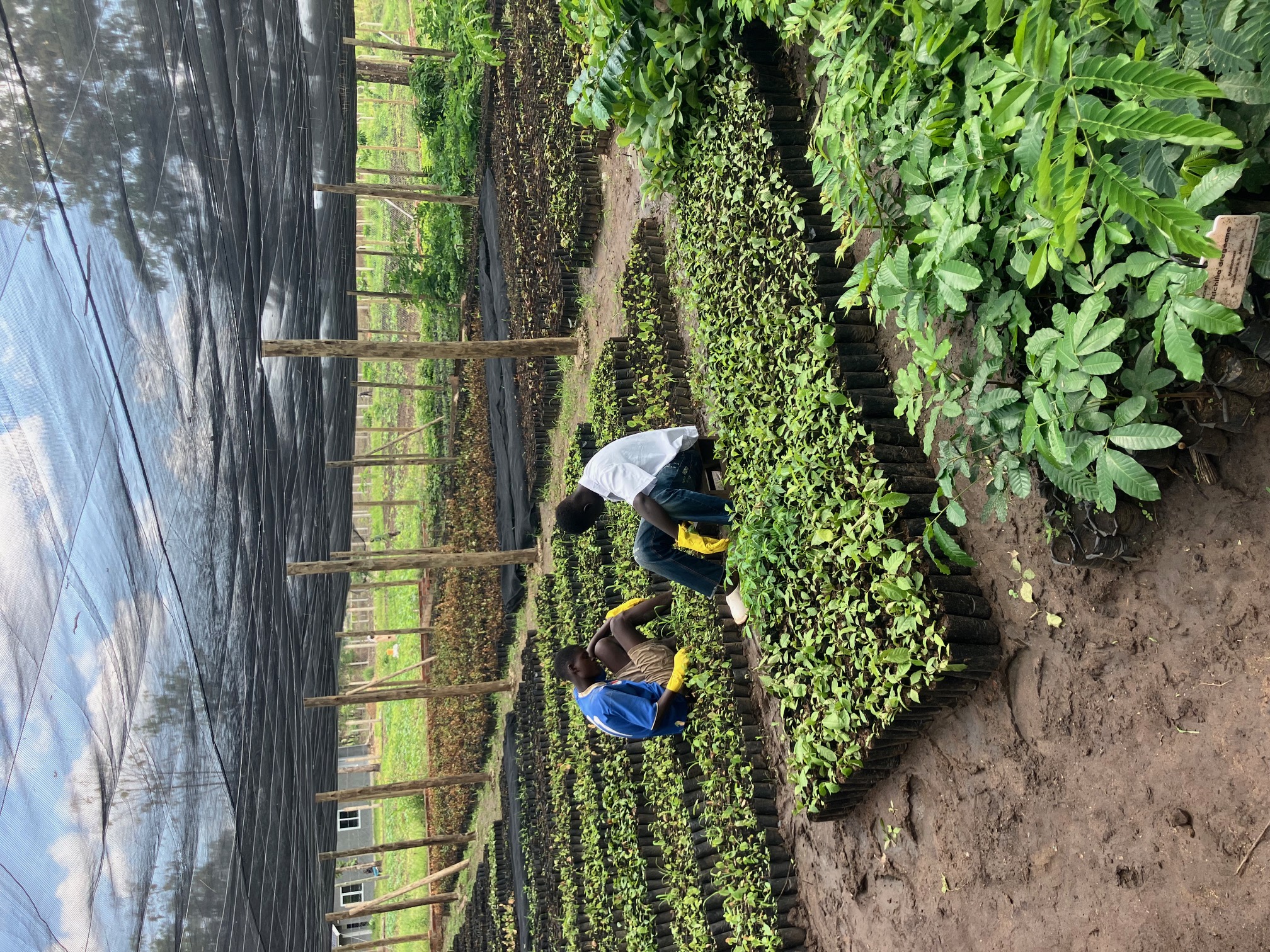 Display photo 2 in the gallery.
Display photo 2 in the gallery.
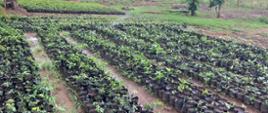 Display photo 3 in the gallery.
Display photo 3 in the gallery.
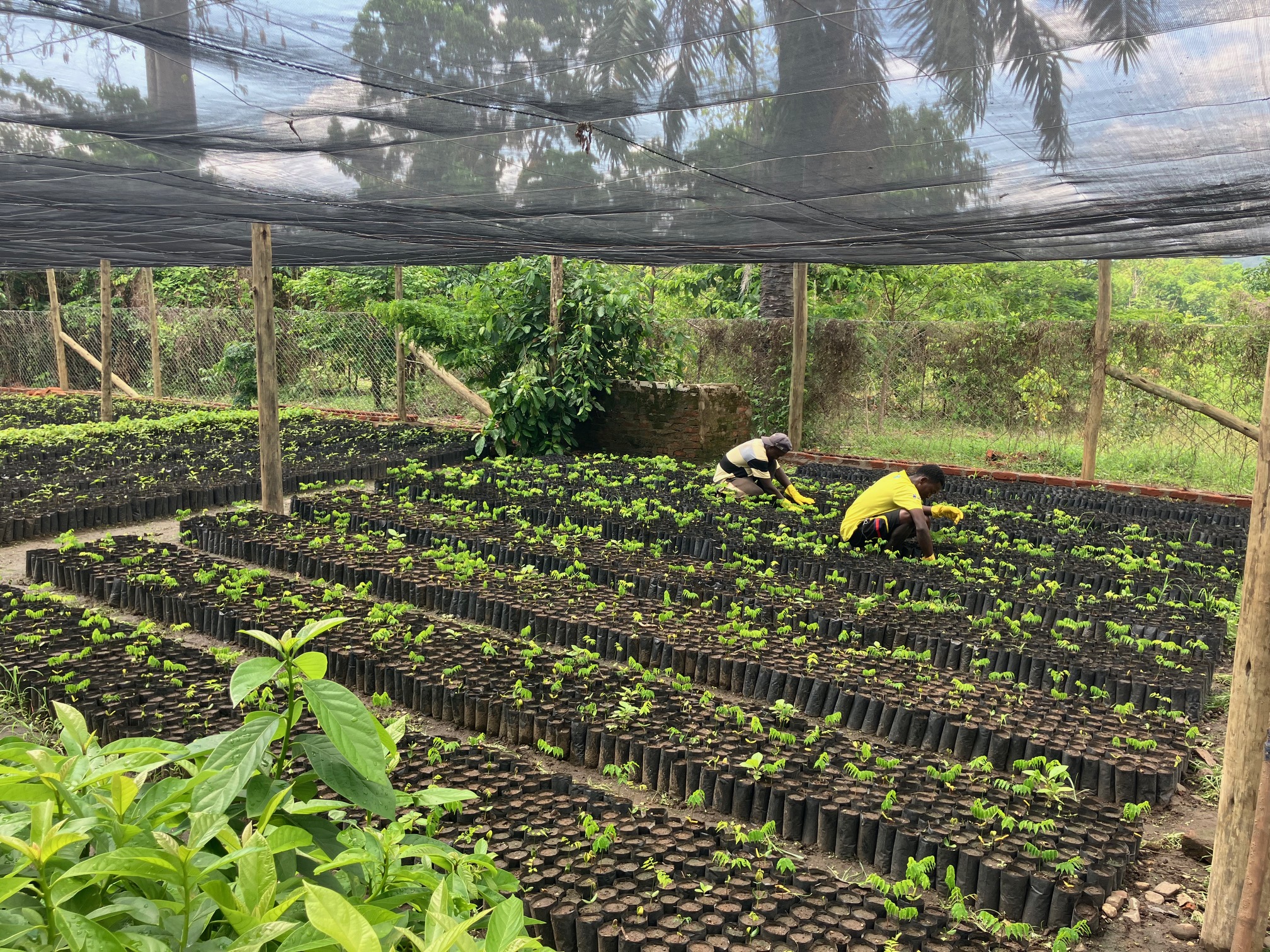 Display photo 4 in the gallery.
Display photo 4 in the gallery.
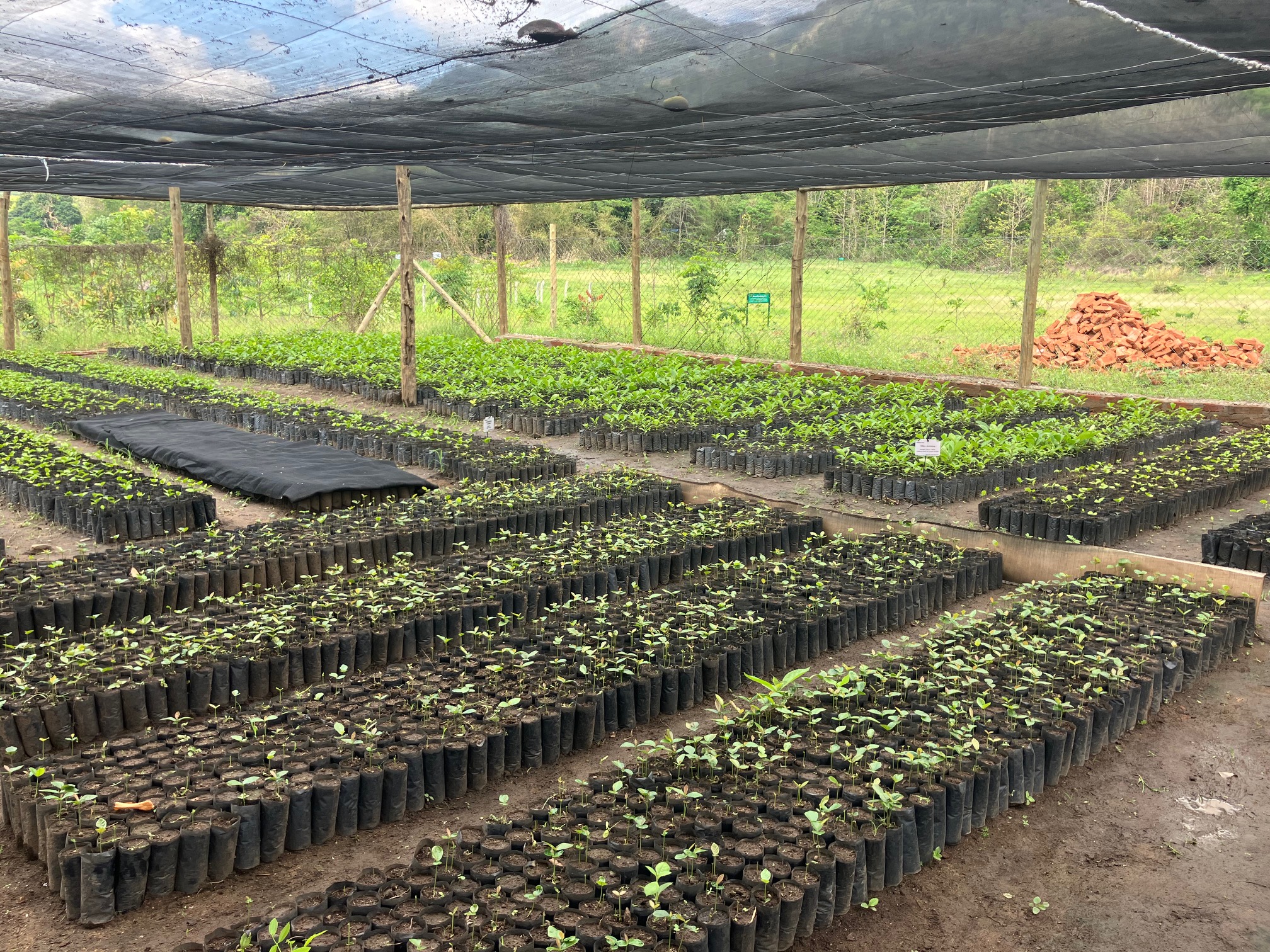 Display photo 5 in the gallery.
Display photo 5 in the gallery.
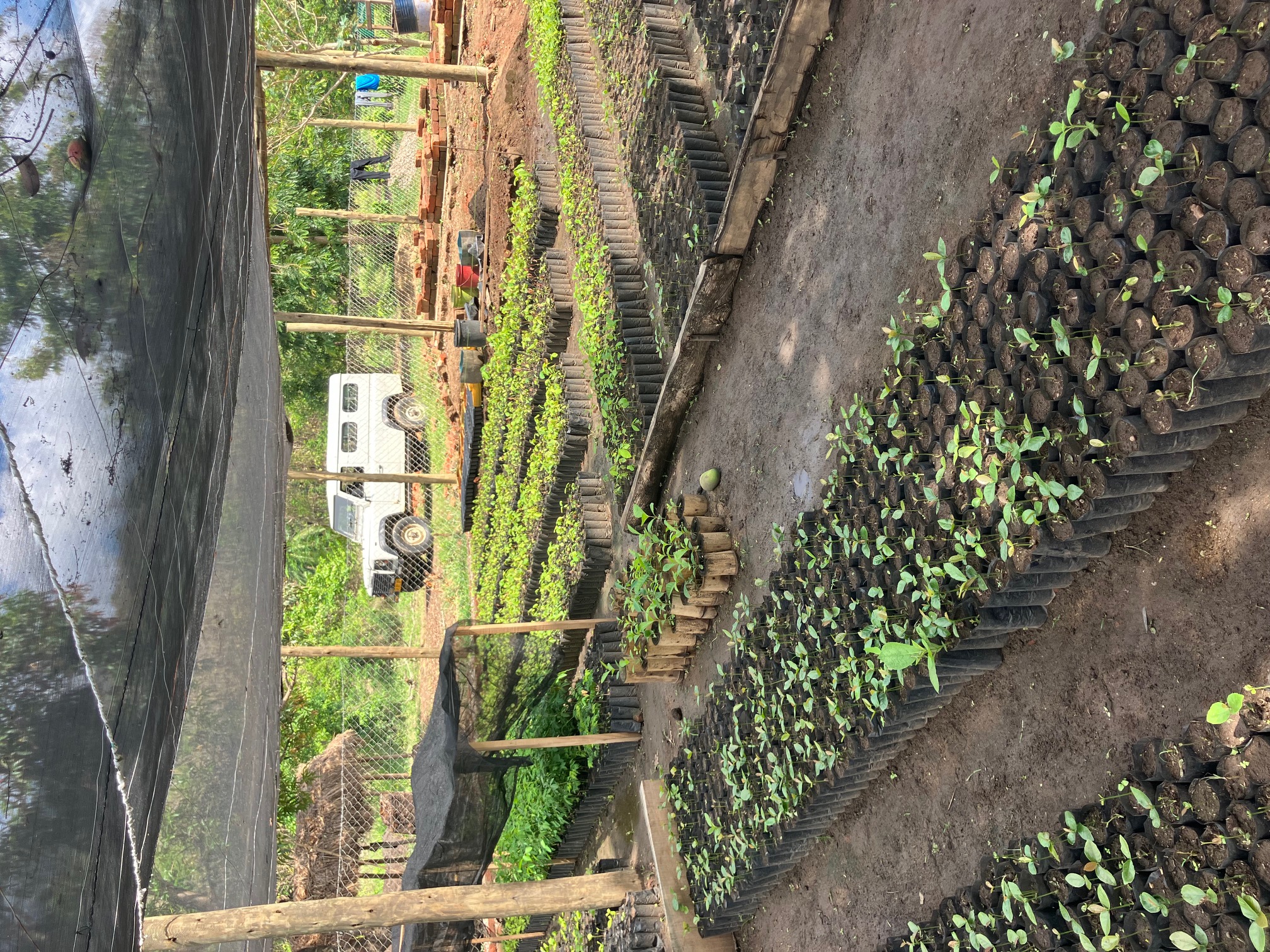 Display photo 6 in the gallery.
Display photo 6 in the gallery.
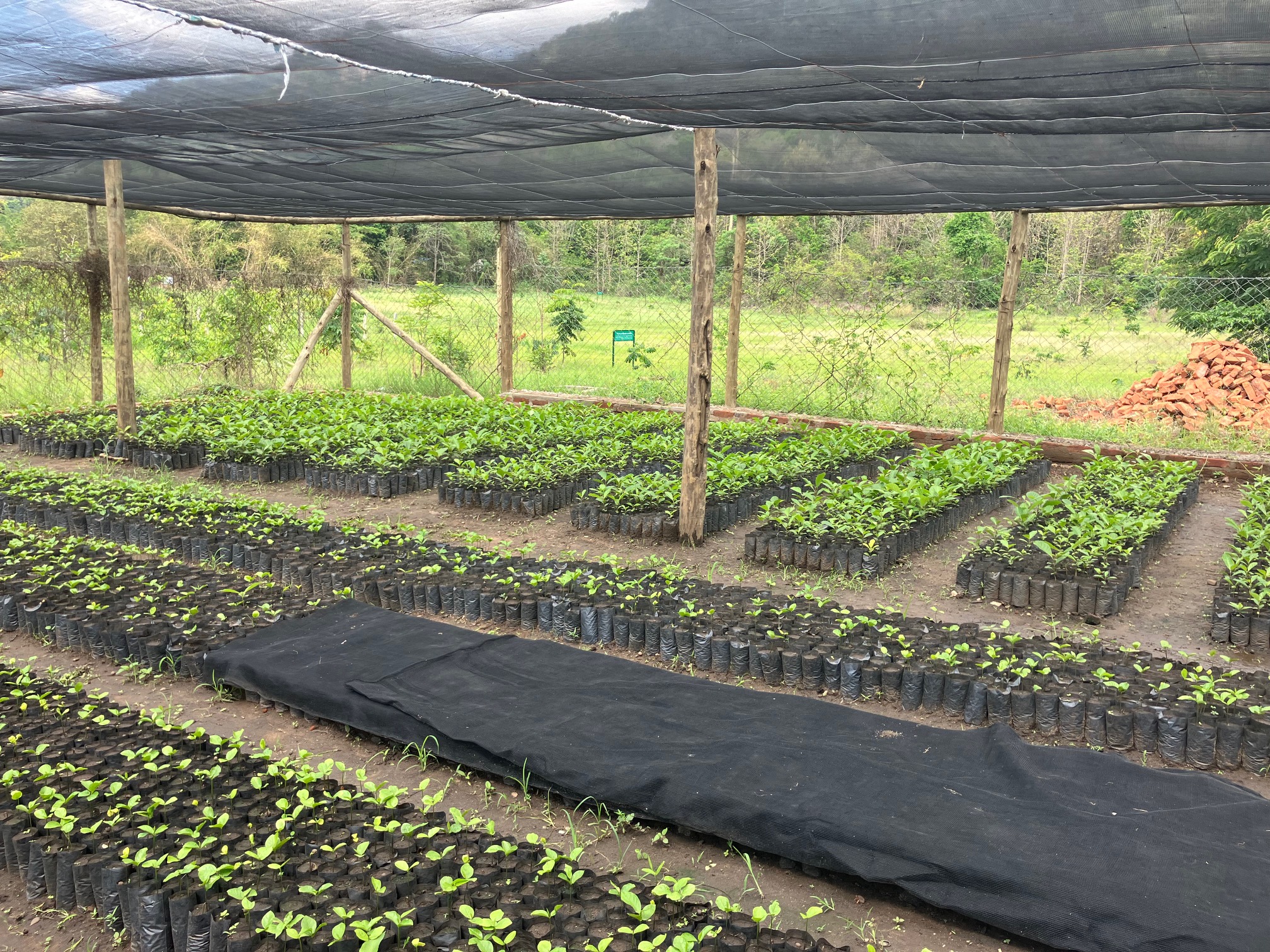 Display photo 7 in the gallery.
Display photo 7 in the gallery.
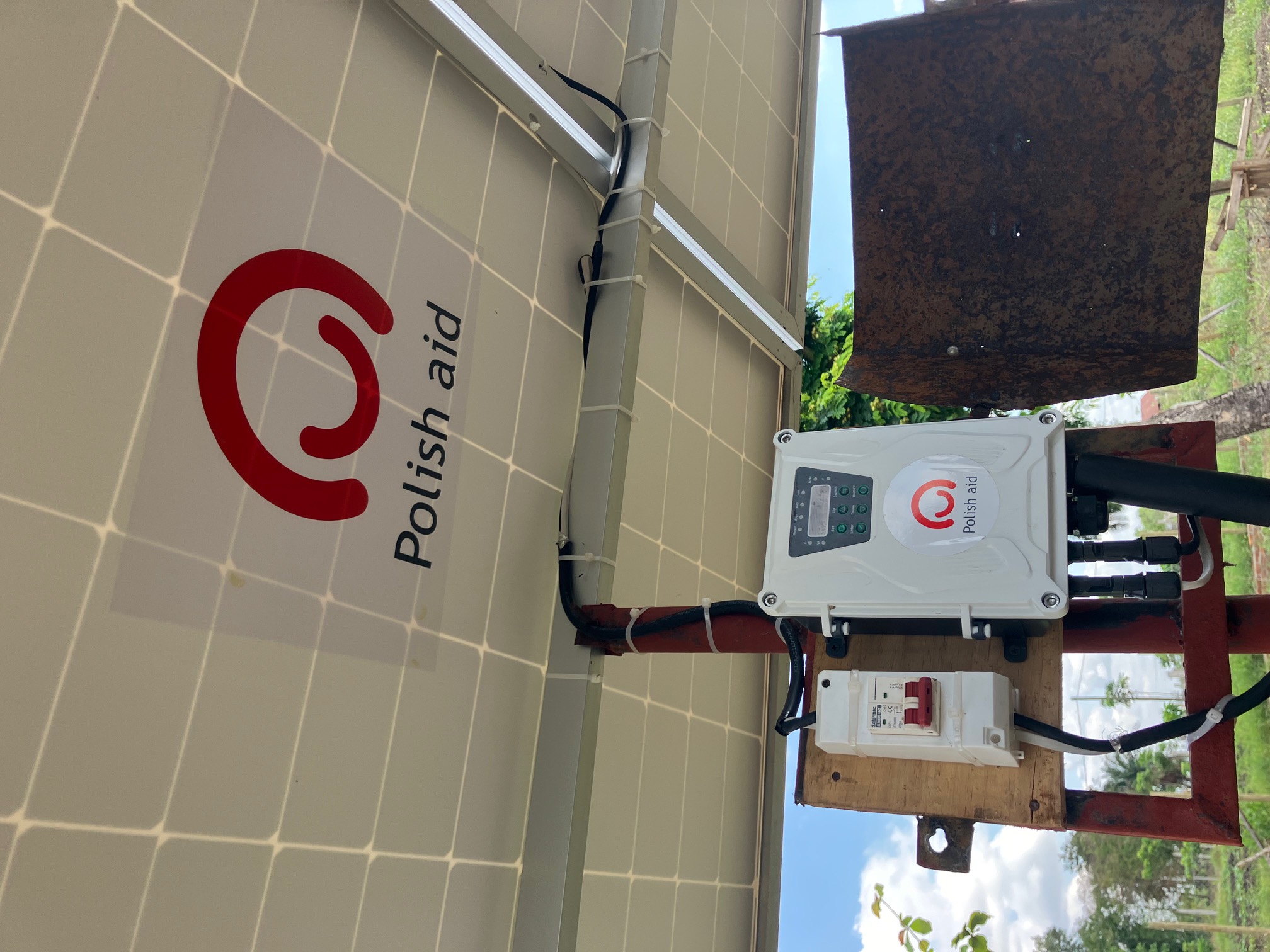 Display photo 8 in the gallery.
Display photo 8 in the gallery.
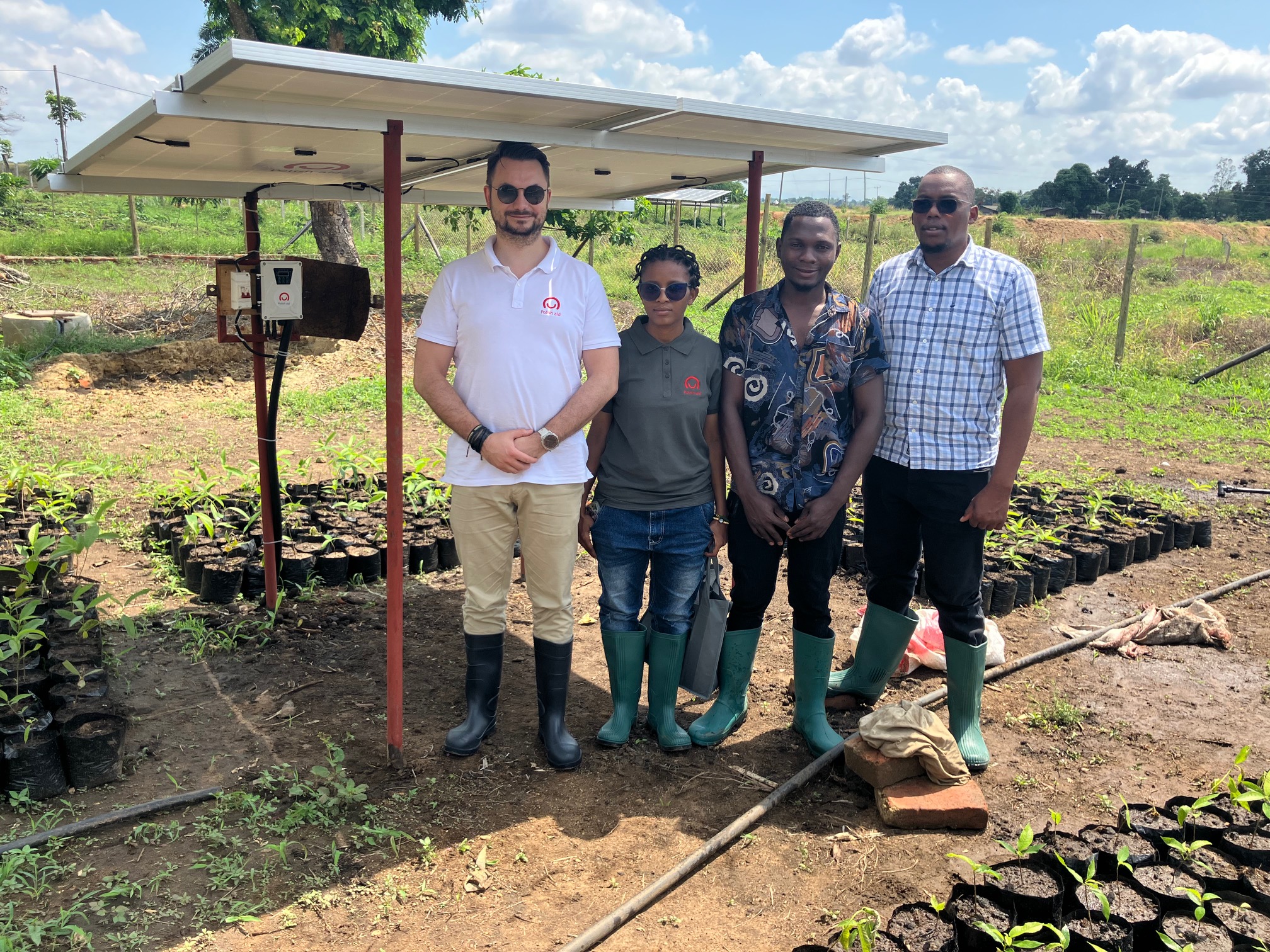 Display photo 9 in the gallery.
Display photo 9 in the gallery.
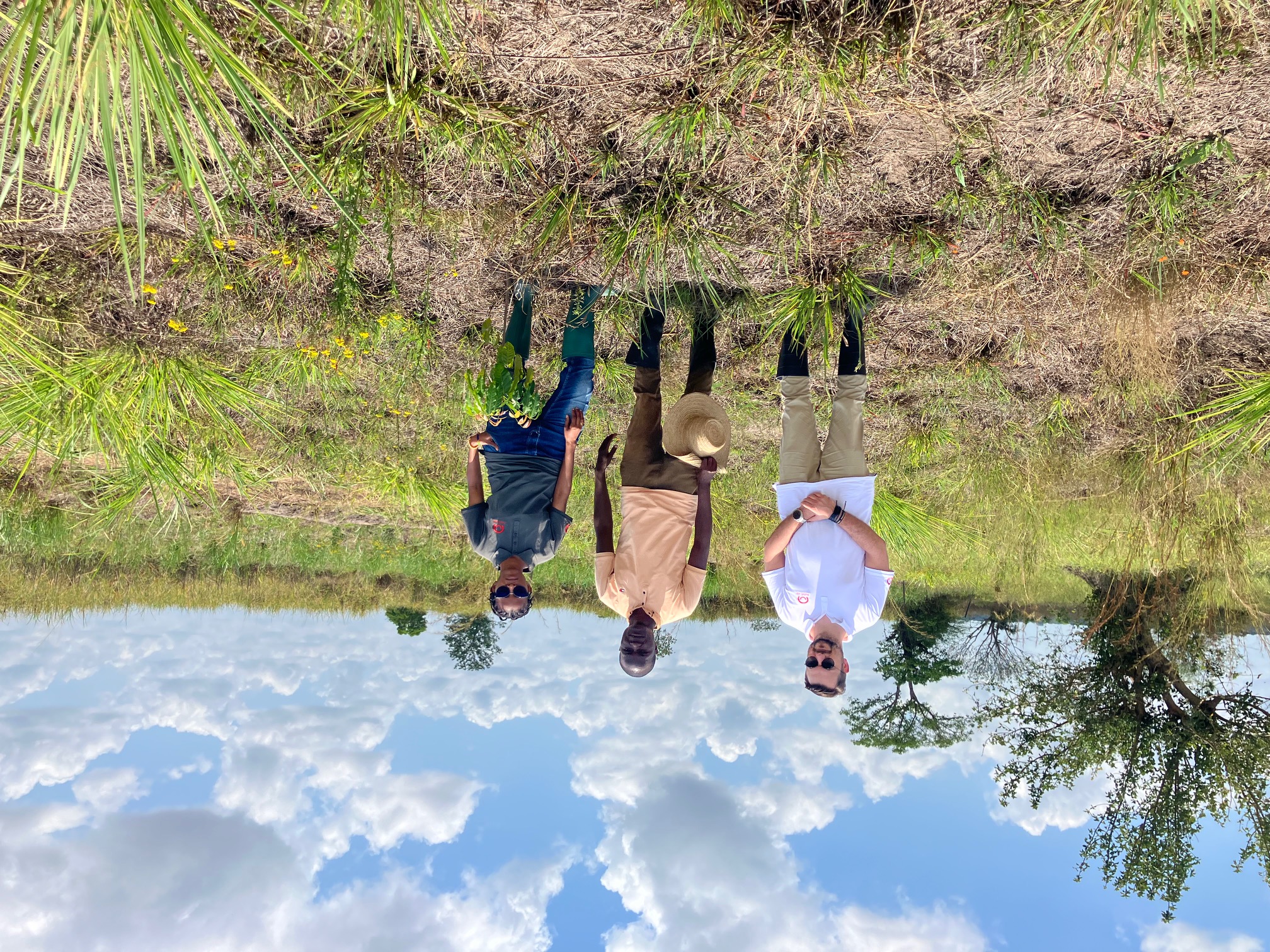 Display photo 10 in the gallery.
Display photo 10 in the gallery.
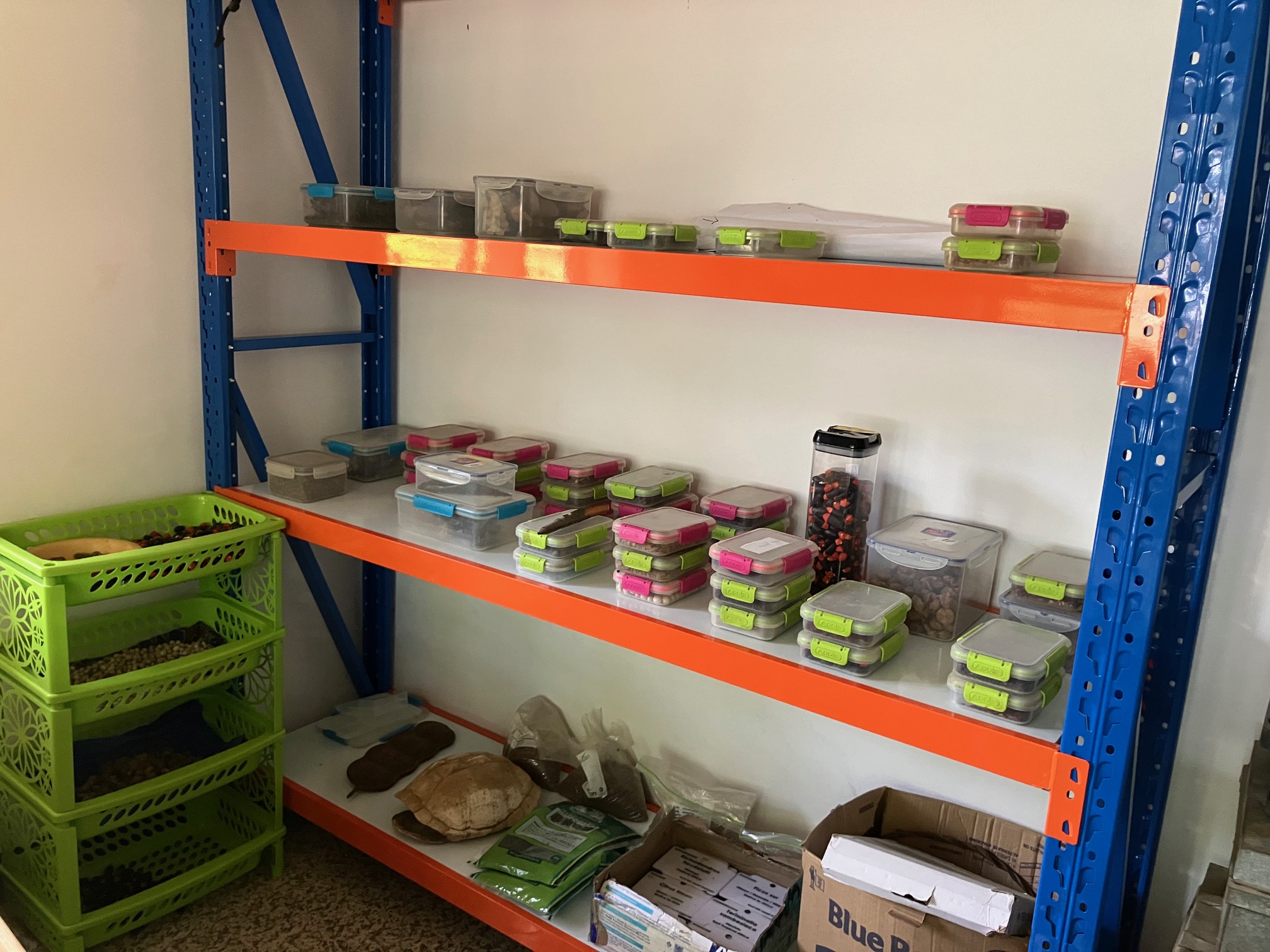 Display photo 11 in the gallery.
Display photo 11 in the gallery.
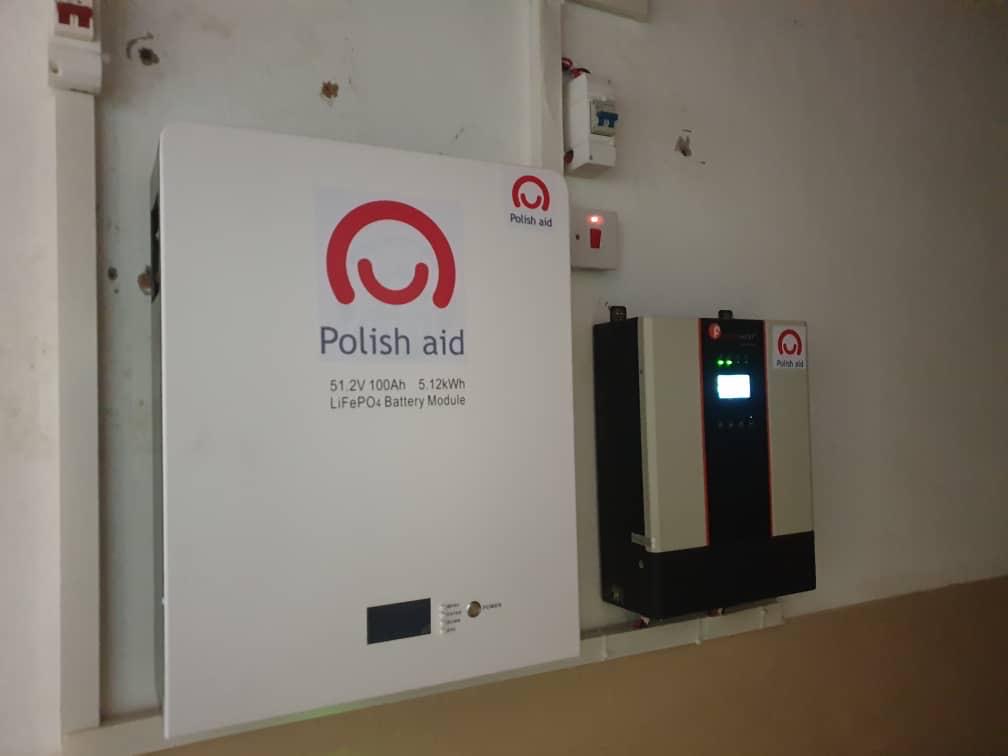 Display photo 12 in the gallery.
Display photo 12 in the gallery.
